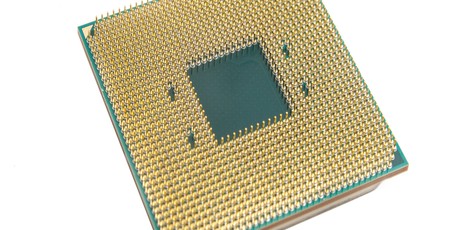
AMD is facing perhaps the biggest question yet over whether Ryzen can continue to improve and offer competition to Intel. Its Zen 2 microarchitecture, which is expected to land in the next few months, promises plenty of improvements, and AMD itself has already stated that Ryzen first-generation CPUs were essentially Zen in its worst case scenario.
Since then we've seen better support for fast memory followed by Zen+ and the 2000-series, which not only offered higher frequencies but improved boosting algorithms and brought better efficiency. The key there was that Zen+ offered tangible benefits. The Ryzen 7 2700X was definitely quicker - sometimes significantly so, compared to the Ryzen 7 1800X. As a result, AMD seems to be making good on its early promises, and with Zen 3 and Zen 4 in the pipeline already, the CPU wars look likely to continue for at least the next few years.
However, while AMD has promised a degree of IPC improvements - which are certainly needed if it's to continue to close the gap between itself and Intel in lightly-threaded scenarios including some game titles - recent announcements surrounding Zen 2 in relation to its Epyc CPUs point at AMD being also able to increase core counts, perhaps even in the tightly packed spaces beneath Ryzen desktop CPU heat spreaders currently packed with core complexes and between four and 32 active cores.
We don't know yet whether desktop CPUs will see the same kind of core increases as Epyc, which made the move from 32 to 64 cores, nor if future desktop CPUs will employ its recently revealed chiplet design, but it's certainly possible and perhaps likely it will replace the four-die construction seen in Threadripper too seeing as the two CPUs share nearly everything else.
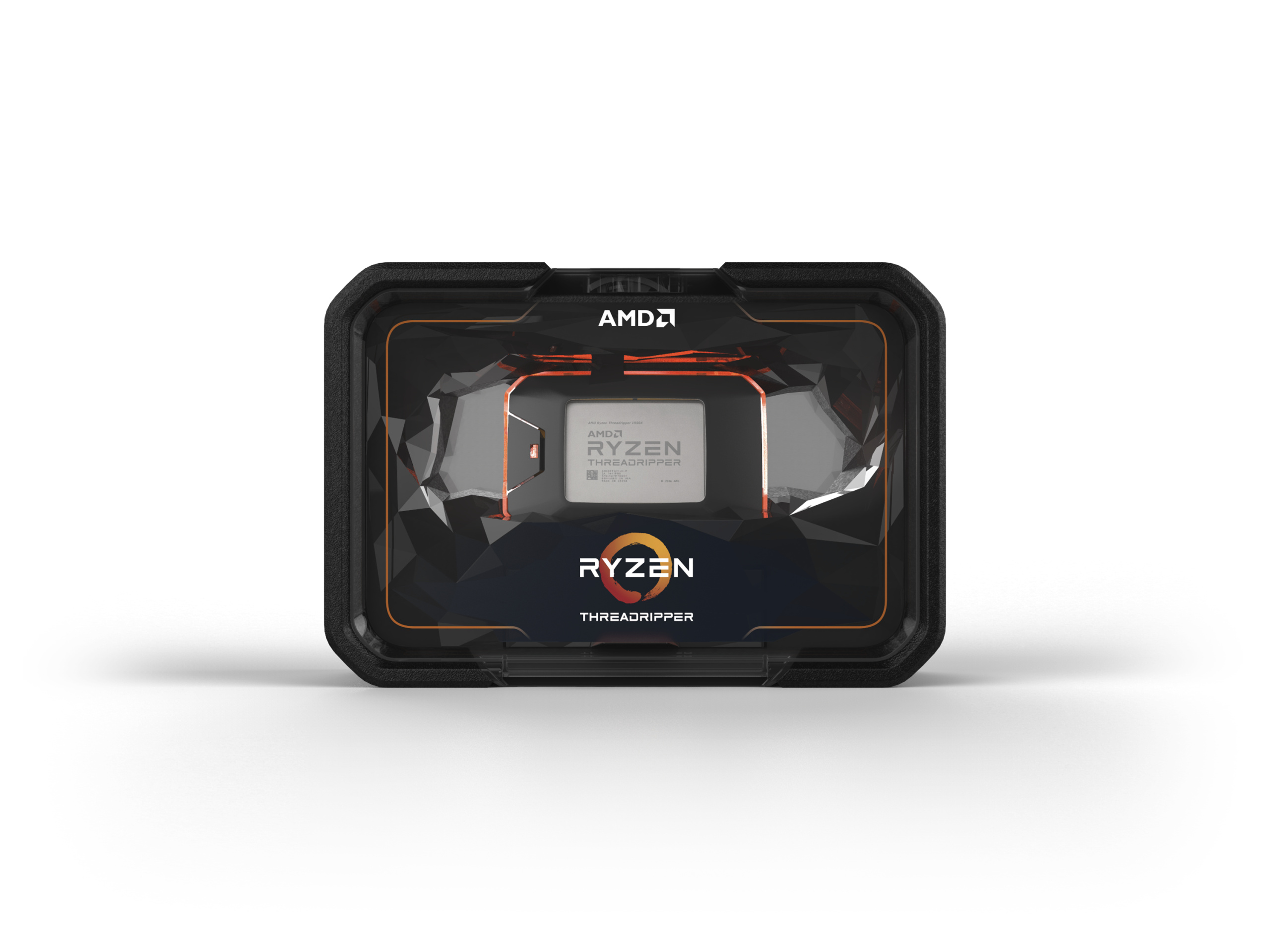
However, while the end result is clearly important, especially so in the case of its WX-series Threadripper CPUs where the fact that half their cores didn't have direct access to the memory bus led to increased latency and slowdowns in many tests, perhaps a more important question is whether AMD should be increasing core counts. In fact, does it even need to?
That's a question that can't really be applied across the board, but multi-threaded prowess is extremely important for AMD and has been for a while. Even in pre-Ryzen days, the likes of the six-core FX-6300 was actually a very handy CPU compared to similarly-priced Intel CPUs if you were mainly dealing with multi-threaded workloads, and the same was true for its eight-core FX-series CPUs too. Ryzen has obviously improved the situation massively by offering a huge improvement in IPC, but AMD's biggest strength, apart from value, is still multi-threaded performance.
At every price point, if you want the best performance, 99 percent of the time you'd opt for Ryzen. There are some exceptions, though, such as the area directly above the Ryzen 7 2700X. The Core i9-9900K wipes the floor with any other mainstream CPU in multi-threaded workloads, and I'd choose it over the Threadripper 2920X and Core i9-7900X too given their much higher platform costs. Similarly, the Core i9-7980XE is still the most powerful CPU in a lot of tests. It might cost megabucks, but if you need the most powerful desktop CPU for video encoding and content creation, it gets my vote and it beats AMD's WX series in many of these tests too.
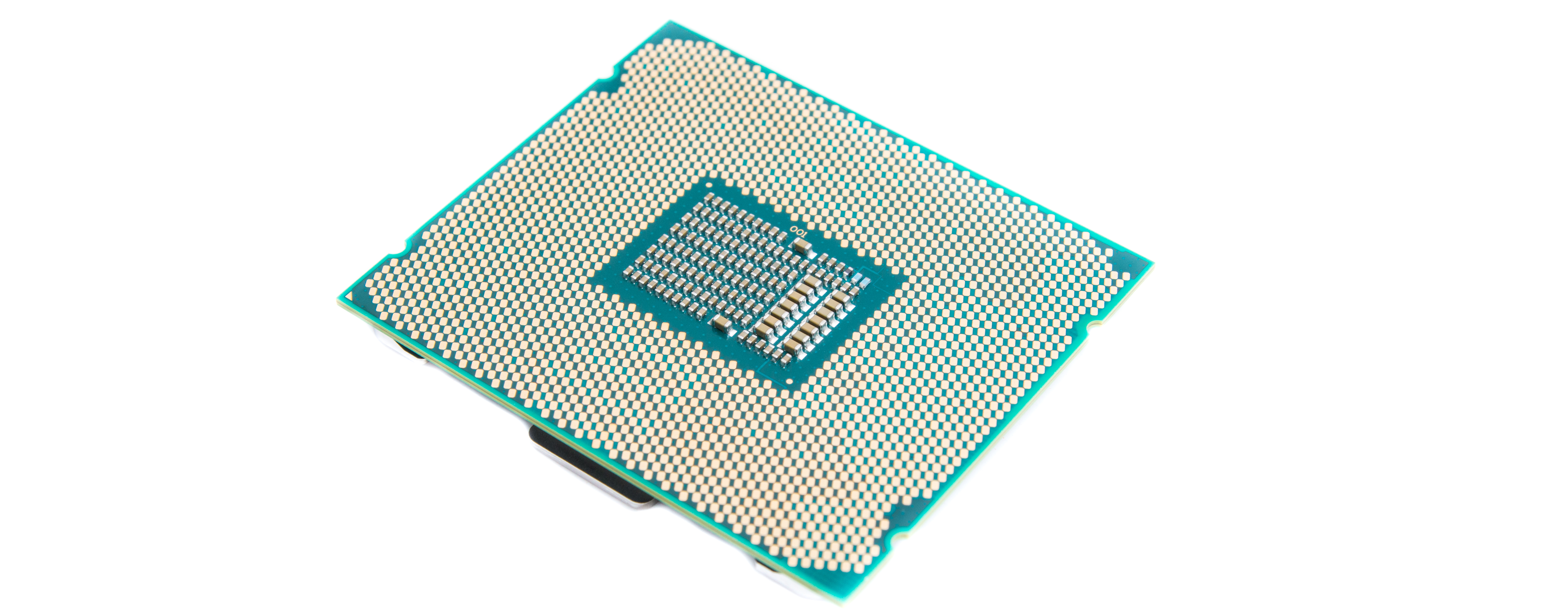
The reason for both of Intel's Core i9 flagships existing is to take the performance crown from AMD. The red team's WX-series, due to their makeup and/or poor software support, failed to topple the Core i9-7980XE, so while Intel would still like to sell plenty of Core i7-9700Ks, the Core i9-9900K is - for me - the most important CPU by far in Intel's mainstream lineup, as it beats AMD at every turn - something the six-core Core i7-8700K did not do.
Assuming we see a decent IPC performance bump, then, let's get back to the original question - does AMD actually need to increase desktop CPU core counts? I think it does, but not at every price point. Adding more cores to its mainstream flagship is perhaps the most logical choice since it solves two issues. Firstly, perhaps just with a 50 percent core boost it will regain the mainstream performance crown - something both companies have been keen to own for marketing clout despite what they may say, forcing Intel to either increase core counts yet again, or massively improve performance in other ways. It has more headroom here than Intel given the Core i9-9900K is already stepping on the toes of its HEDT CPUs, although it will undoubtedly hurt sales of the Threadripper 2920X if it opts for 12 or more cores on mainstream Ryzen.
The second issue is maintaining that multi-threaded performance advantage - something it lost first in the HEDT market when the Core i9-7980XE was launched (and which the Threadripper WX-series didn't fully regain) and second in the mainstream to the Core i9-9900K, which offers unparalleled multi-threaded performance in this segment. Stepping up to Threadripper, the need for more cores is also warranted and for even more reasons. It would put more distance between its HEDT and mainstream CPUs, firstly, plus if all the extra cores have direct access to the memory bus, it stands a chance of toppling the Core i9-7980XE as well as maintaining its value here, as the Threadripper 2950X, for example, is still a fantastic CPU for content creation, at least in applications that scale well with increased cores and threads. Even the Core i9-7980XE doesn't see perfect scaling as you move up from the Core i9-7900X, but it still offers a big leap and is significantly quicker than AMD's 12- and 16- core Threadrippers.
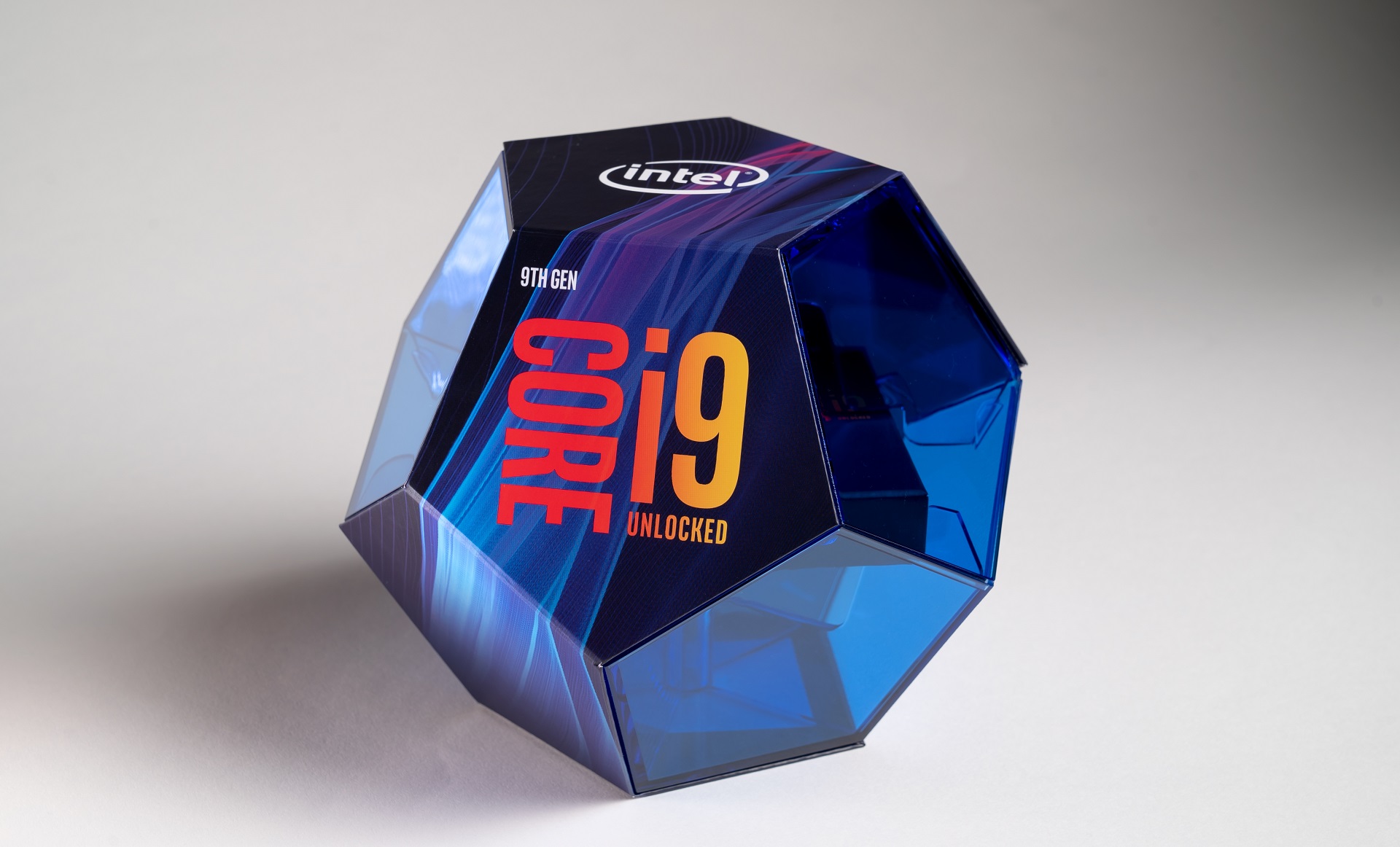
The mid to low-end is a different proposition, though, as AMD already dominates the field here compared to Intel's four- and six-core CPUs, all of which so far lack Hyper-Threading in the latest generation. We haven't seen definite evidence for a Core i3-9350K yet, but it's likely to be on the cards, and with just four non-hyper-threaded cores, it's not going to present much competition to AMD Zen+ Ryzen 5 CPUs, both of which currently offer two more cores and eight more threads, with the Ryzen 5 2600 available for less than £170/$160 already and AMD's APUs offering great value both with or without using their onboard graphics.
In short then, across the board core count increases aren't necessary for AMD, but there are definite needs in both the upper end of the mainstream and HEDT areas to maintain its multi-threaded performance advantage as well as winning back those performance crowns. Hopefully, we don't have long to wait to find out what its plans are.
Do you think AMD should increase core counts with Zen 2? Let us know in the forum.

MSI MPG Velox 100R Chassis Review
October 14 2021 | 15:04

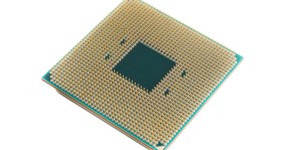






Want to comment? Please log in.